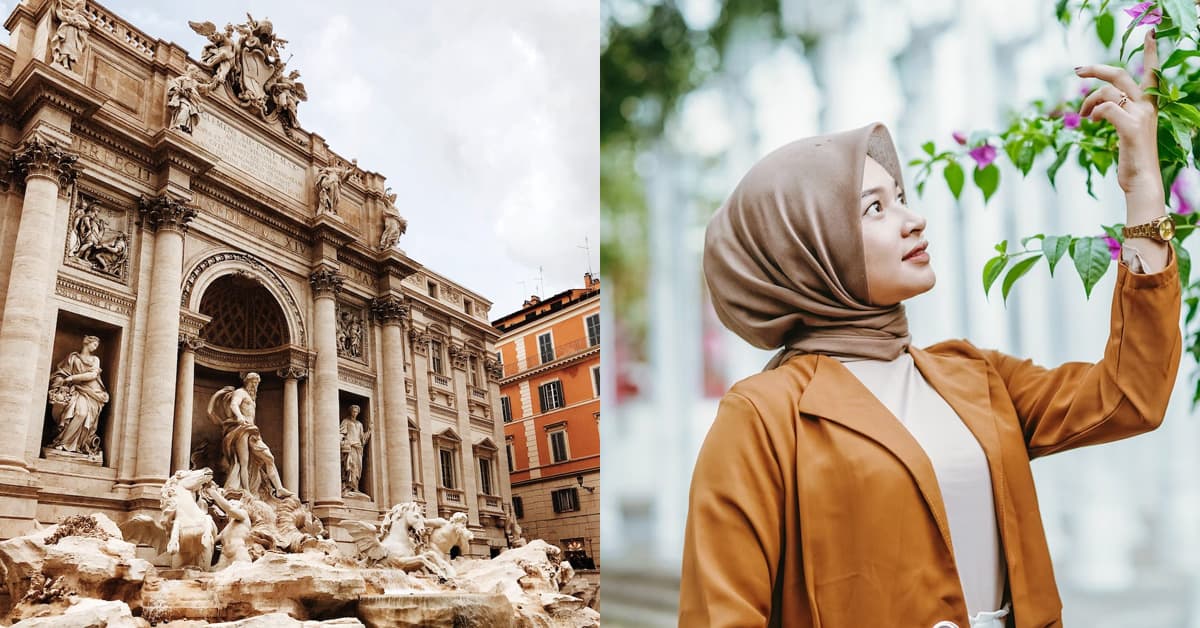Islam in Italy has a long history, dating back to the 9th century when Muslim forces occupied parts of southern Italy. Today, Islam is the second-largest religion in Italy after Christianity. The Muslim population in Italy is estimated to be around 2 million, making up about 3.5% of the total population. Most Muslims in Italy are immigrants or children of immigrants from countries like Morocco, Albania, Tunisia, and Bangladesh. There are also a growing number of Italian converts to Islam.
Italy is a welcoming country for Muslim visitors, offering safety and respect for religious practices. While traditional Italian cuisine isn’t entirely halal, halal food options are available, especially in larger cities. Muslims can enjoy their stay in Italy by being mindful of food choices and respecting local customs, while most Italians will reciprocate with openness and hospitality.
However, instances of discrimination and Islamophobia do occur. As for safety, Italy is considered a safe country for Muslims, with low rates of hate crimes. Still, like in many European countries, Muslims may face occasional prejudice or misunderstanding. Muslim visitors must know local customs and respect Italian cultural norms while travelling.
Is Italy Muslim-friendly?
Is Italy Muslim Friendly?
Yes, Italy is considered Muslim-friendly. While Italy is predominantly Catholic, it respects religious freedom and welcomes Muslim visitors. Major cities like Rome, Milan, and Venice have mosques and Islamic centres. Some tourist attractions offer prayer rooms, and many Italians are open-minded towards different cultures and religions.
Is Italy Safe for Muslims?
Yes, Italy is safe for Muslims. The country has strict anti-discrimination laws, and Muslims in Italy, including visitors, rarely face significant issues. However, there might be occasional prejudice or misunderstanding.
Does Italy Have Halal Food?
Yes, halal food is available in Italy, particularly in major cities like Rome, Milan, and Florence, where you can find halal restaurants, butcher shops, and grocery stores. These cities offer halal options to local Muslim communities and tourists. However, traditional Italian restaurants rarely serve halal meat, so it is more common to find dedicated halal eateries or international cuisine restaurants that offer halal food.
In smaller towns and rural areas, with limited options, halal food in Italy can be much harder to find. Research halal options in advance or ask locals for recommendations for those travelling outside major cities. Preparing ahead will ensure you have access to halal food during your stay.
Is Italian Food Halal?
No, traditional Italian cuisine is not inherently halal. Many classic Italian dishes contain pork or alcohol, which are not permissible in Islamic dietary laws. However, numerous Italian dishes, such as vegetarian pasta, seafood-based meals, and many desserts, are naturally halal. With some adjustments and careful selection, Muslims can enjoy a wide variety of Italian food.

